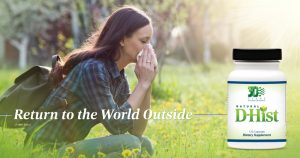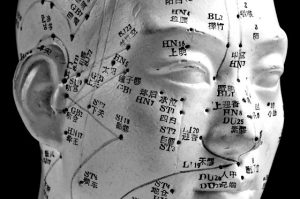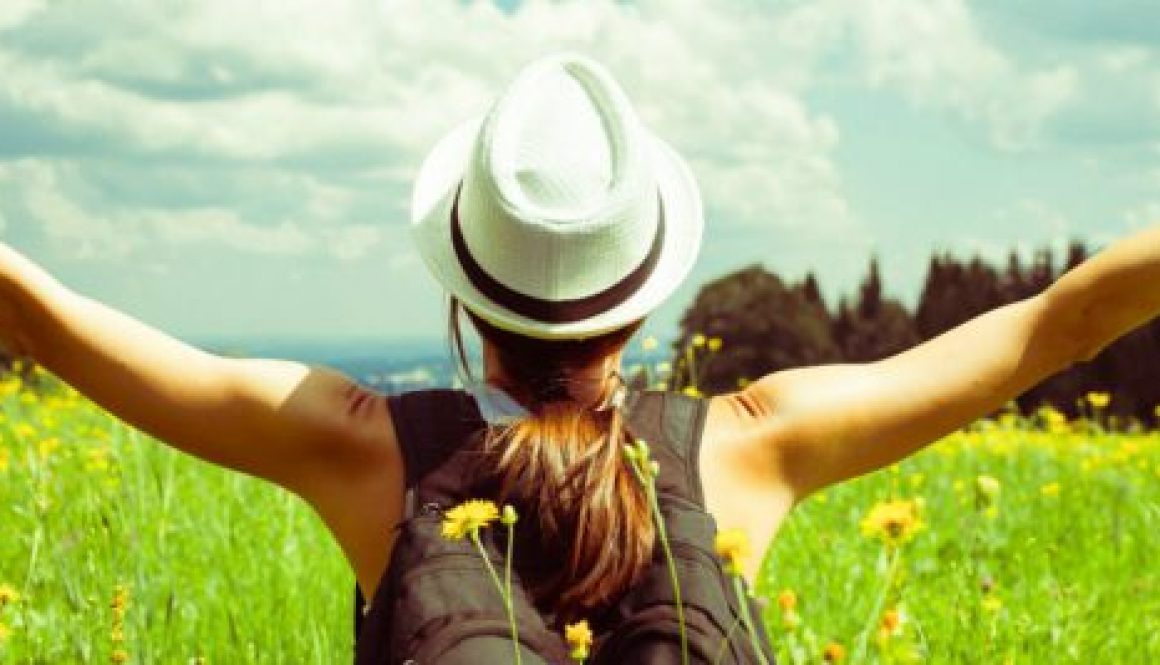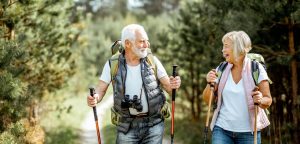Fall Allergies? I can help you!
Using a combination of proven acupuncture protocols and a great herbal product called Natural D-Hist from Orthomolecular Products we have found that we can greatly reduce people’s misery with fall allergies.
Every fall I find my patients suffering greatly because of the blooming flower like rag weed, in addition to the leaves that are falling and spreading mold spores, all on top of the dust, chemicals, and general junk that is blowing up off the ground when the farmers take the crops out of the field. It has been so dry here without rain for a month and the air is full of dust.
All of this irritates our eyes, our noses, makes our noses run, makes us sneeze, and makes us TIRED.
Acupuncture works to reduce your sensitivity to allergens, reduce your histamine production, and lower the toxins in your system.
Natural D-Hist contains Quercitin, a natural anti-histaminic, as well as stinging nettles, a classical herb for allergies, and a couple of other ingredients that lower your production of histamines in response to common allergens and make you feel A LOT BETTER!
Call us now to order Natural D-Hist and Schedule Acupuncture for Yourself!
319-341-0031



 Here are 10 fun facts about acupuncture:
Here are 10 fun facts about acupuncture:






